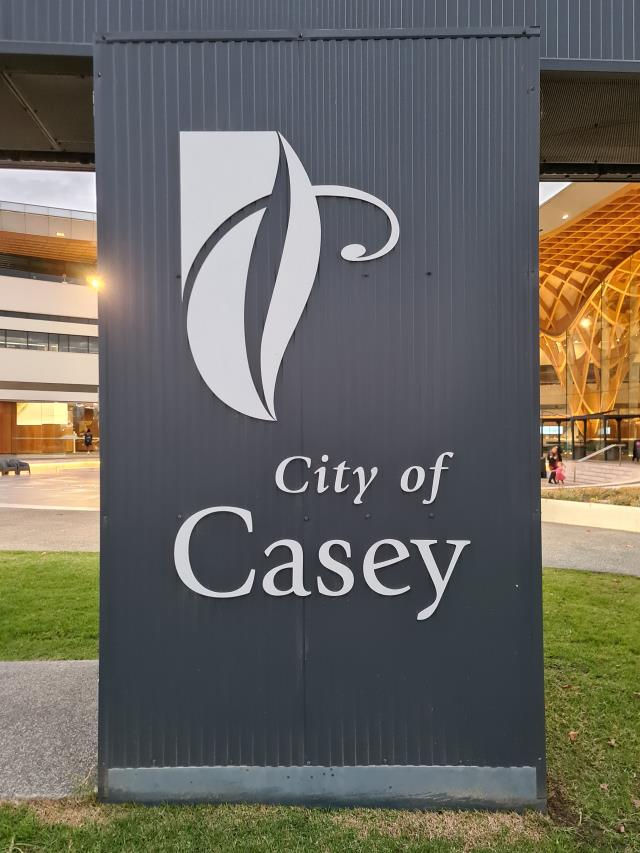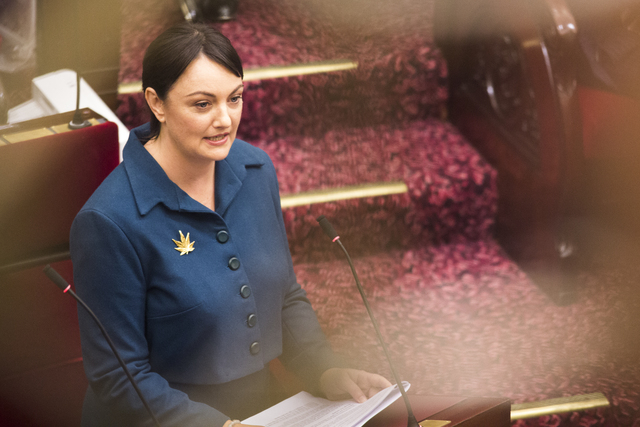Casey Council has updated its protocols for councillors’ decision-making on planning applications with additional documentation of communication and enhanced declaration of interests.
Two additions have been introduced to implement recommendations from IBAC’s Operation Sandon report, as reported at the council meeting on 22 May.
The first addition will be in relation to the planning matter determined in front of the council. The proponent and all the parties involved, including the applicant, developer, landowner, and consultant, will be required to disclose reportable donations and other financial arrangements with relevant decision-makers.
The other addition will require the council to document alternate recommendations for any planning scheme amendment decisions to ensure transparency in decision-making.
Casey administrator Cameron Boardman said at the meeting that the updated version was a must-read.
“This is the how-to guide. This is the what-to-do guide. This is the expectation guide,” he said.
“This is what anybody who sits in this place needs to understand, needs to adhere to, needs to adapt their professional and personal conduct to and ensure that they understand the principles and the requirements in these documents so that they can perform this role professionally, ethically, integrally, and in the best interest of the community.”
He especially pointed out the significance of clause 4.1 that related to the requests to councillors for advice and information from parties.
Clause 4.1 states that councillors should “refer parties seeking information or advice to the website, customer service or office of council”.
“This is one of the issues that came up in Operation Sandon around unsolicited approaches to councilors from developers around specific proposals and other aspects of council administration, where arguably there was conduct that didn’t meet statutory expectations,” Mr Boardman said.
“I think that if we’re looking at where councillors in the past have probably got themselves into a little bit of confusion around these particularly statutory obligations, what this policy hopefully does is alleviate that confusion by providing clear and absolute clarity around the role and expectations.
“It is something that really does need to be read by any aspirational council candidate and will be an integral part of councilor training moving forward.”








